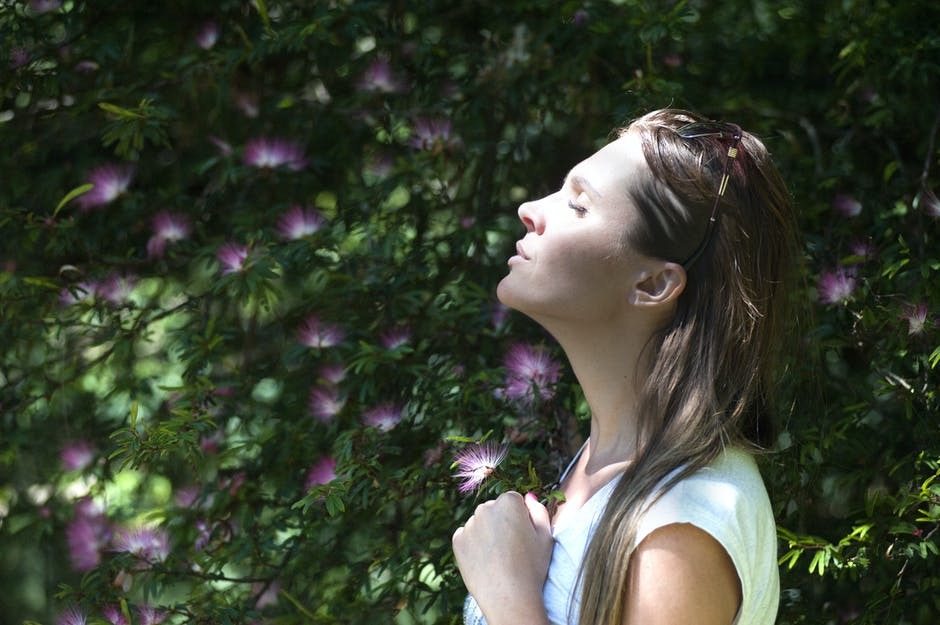Identifying and Understanding Triggers

May 25, 2022
Knowing your triggers can help prevent relapse
Summary:
- Substance abuse heightens cravings, while triggers persist post-treatment.
- Various stimuli, from people to moods, can prompt relapse.
- Emotional, pattern, social, and withdrawal triggers are key relapse factors.
- Treatment, like therapy and support groups, aids in managing triggers.
When you regularly abuse substances, you will crave the substance more. Alternatively, if you seek treatment, you may still be triggered by cues in your environment and how you are feeling that day. This is why relapse prevention is a key aspect of addiction treatment programs.
How Does Relapse Happen?
Drugs and alcohol interact with the brain’s reward system to produce feelings of euphoria, relaxation, or stimulation. As individuals become addicted to a drug or alcohol, the way their reward system functions is disrupted. A person will start to subconsciously respond to stimuli associated with the use of substances differently.
Your Brain and Stimuli
Your brain can remember the various stimuli in your environment as you experience gratification. General categories of stimuli include:
- People
- Places
- Your mood
- Paraphernalia
For instance, you might want to have a drink if you are stressed or while you are at a party. If you’re sober, experiencing stress or going to a party can be too much of a reminder of past use and tempt you.
Cues Can ‘Trigger’ You
The linkages between substances and certain stimuli become stronger as substance abuse continues. Even when you haven’t been using, your dopamine system can be activated simply by being in the presence of these internal and external “cues.” This can cause you to experience powerful cravings.
This is common for individuals in early recovery, but it can also happen to those who have been sober for a long time. You may not be aware of what’s causing these urges at first. Being mindful can help you learn more about yourself to identify your unique triggers and avoid relapse.
Types of Triggers
Every individual experiences addiction in their own way. The specific stimuli that have become connected in their mind to substances will range from person to person. However, more narrow groupings that affect individuals in recovery can include the following:
- Emotional triggers: These can also be called internal triggers and involve a person’s mental and emotional state. Depression, anxiety, and stress are common triggers of relapse. However, positive feelings like overconfidence in sobriety and feeling celebratory can also play a role.
- Pattern triggers: These involve activities that are linked to substance use. For example, some people grab a beer when they get home from work or smoke a cigarette after a stressful day. Others smoke marijuana before going to bed or when they wake up.
- Social triggers: Situations in which other people are drinking or doing drugs can be triggering, such as sports events, house parties, and holiday celebrations.
- Withdrawal triggers: You may experience withdrawal symptoms weeks to months after treatment. This is known as post-acute withdrawal syndrome.
Progression of Relapse
If the internal and external cues you’ve identified are not managed well, you can begin to move through the stages of relapse.
- Emotional relapse: The first stage is called emotional relapse. At this time, using substances again is not in your conscious mind; however, your internal state is telling another story. Your emotional, psychological, and physical care start to decline.
- Mental relapse: Mental relapse is like a conscious war that has begun in your mind. Now you’ve started thinking about using and might even be planning to acquire substances. You’re experiencing cravings and romanticizing the stimuli associated with use.
- Physical relapse: The final stage, physical relapse, is when you’ve started using again. Some will ‘lapse’ and have one drink, which can lead to unrestrained use, ‘relapse’.
Relapse Prevention Is Key
Dealing with triggers can be a major challenge in addiction recovery, but that doesn’t mean the task is impossible. With patience and practice, you can build skills to monitor your feelings and effectively resolve situations that are threatening your sobriety.
You’re not expected to do this alone. Relapse prevention is an essential component of treatment and is addressed through activities such as planning, individual therapy, group therapy, and support groups.
Cognitive-behavioral therapy (CBT), for example, “is one of the main tools for changing people’s negative thinking and developing healthy coping skills.” This has been helpful in addressing harmful patterns that lead to substance abuse. Twelve-step programs have created a safe space to forge social connections with peers. They have also helped people find their purpose through an individualized, spiritual journey.
The Power Is in Your Hands
From early on in treatment, you will have the opportunity to plan out how you will address these concerns in the short and long term. Treatment is tailored to you. With the right program and willingness, you will overcome any trigger that gets in the way of a happy and healthy life.
We help discover your triggers and teach you healthy coping skills
Substances teach the brain to associate stimuli with substance use. Experiencing a mood or being exposed to certain people, places, or things can be triggering. Relapse can be prevented by learning to identify and manage stimuli that trigger cravings and drug and alcohol-seeking behavior. Vanity Wellness Center is an outpatient treatment center in Woodland Hills, CA. We are nationally accredited by the Joint Commission, demonstrating that our programs meet high standards for safety and quality in behavioral health care. We are committed to helping our patients overcome underlying traumas and addictions and find sobriety in a way that fulfills their needs and happiness. From the day you start treatment with us, we begin discussions about preventing relapse. That way, you’ll have healthy ways to make yourself feel good and live your life. To learn more about our programs, please call (866) 587-1737

